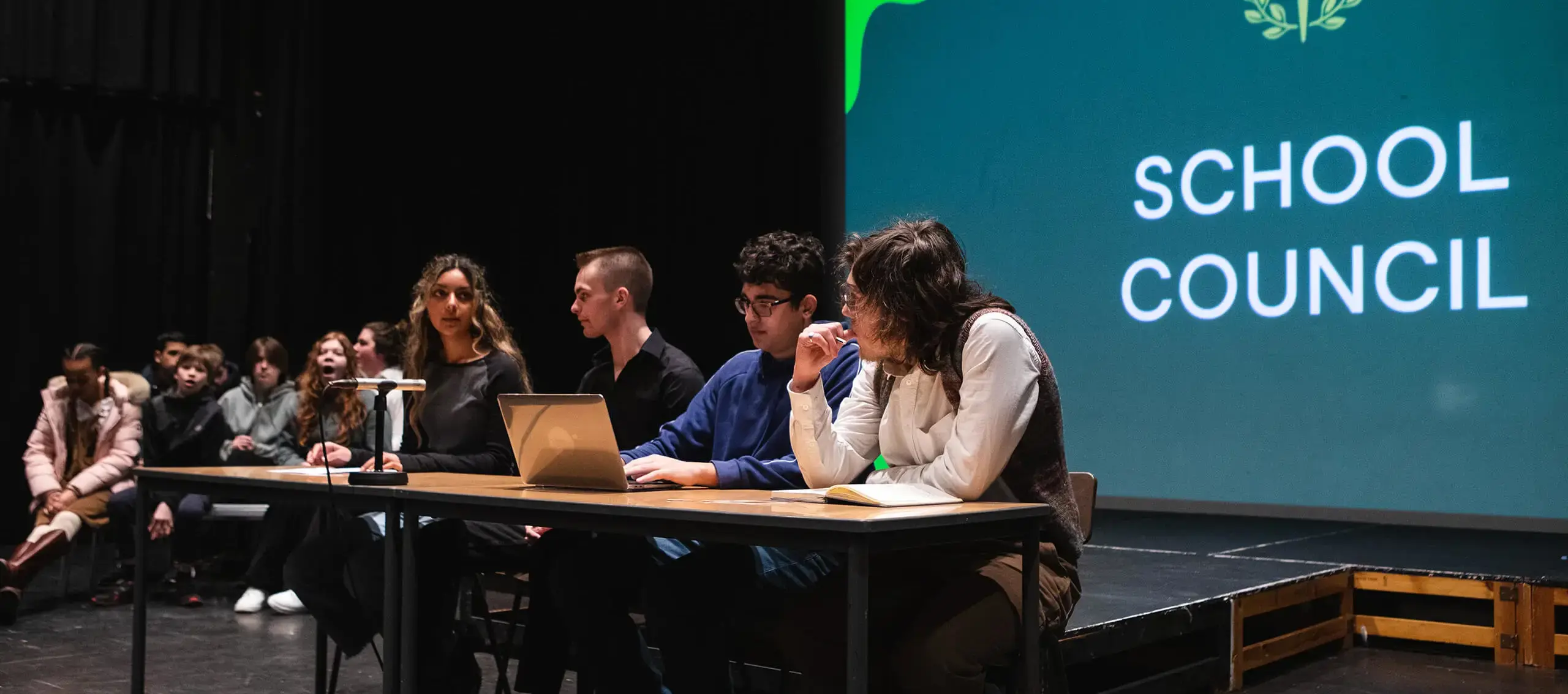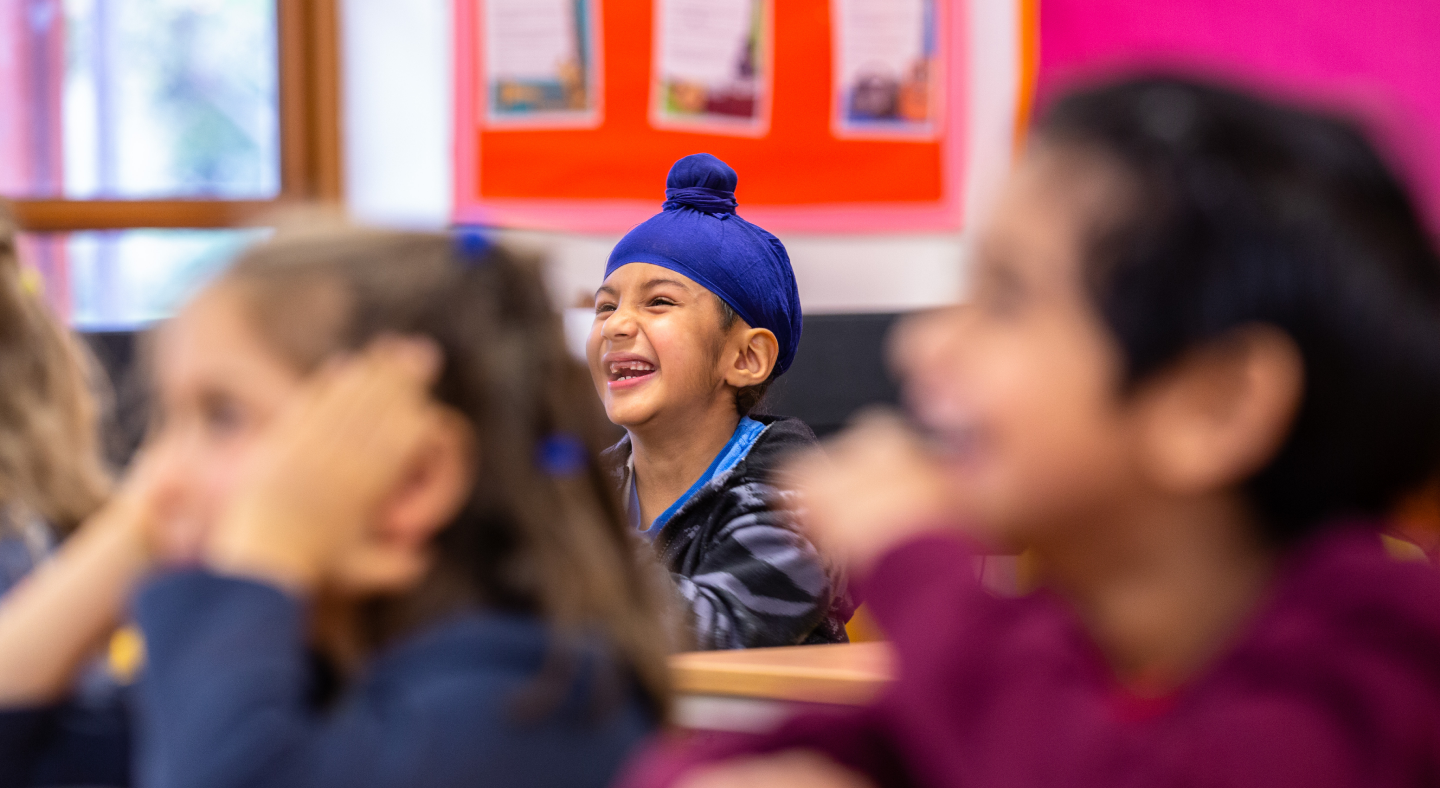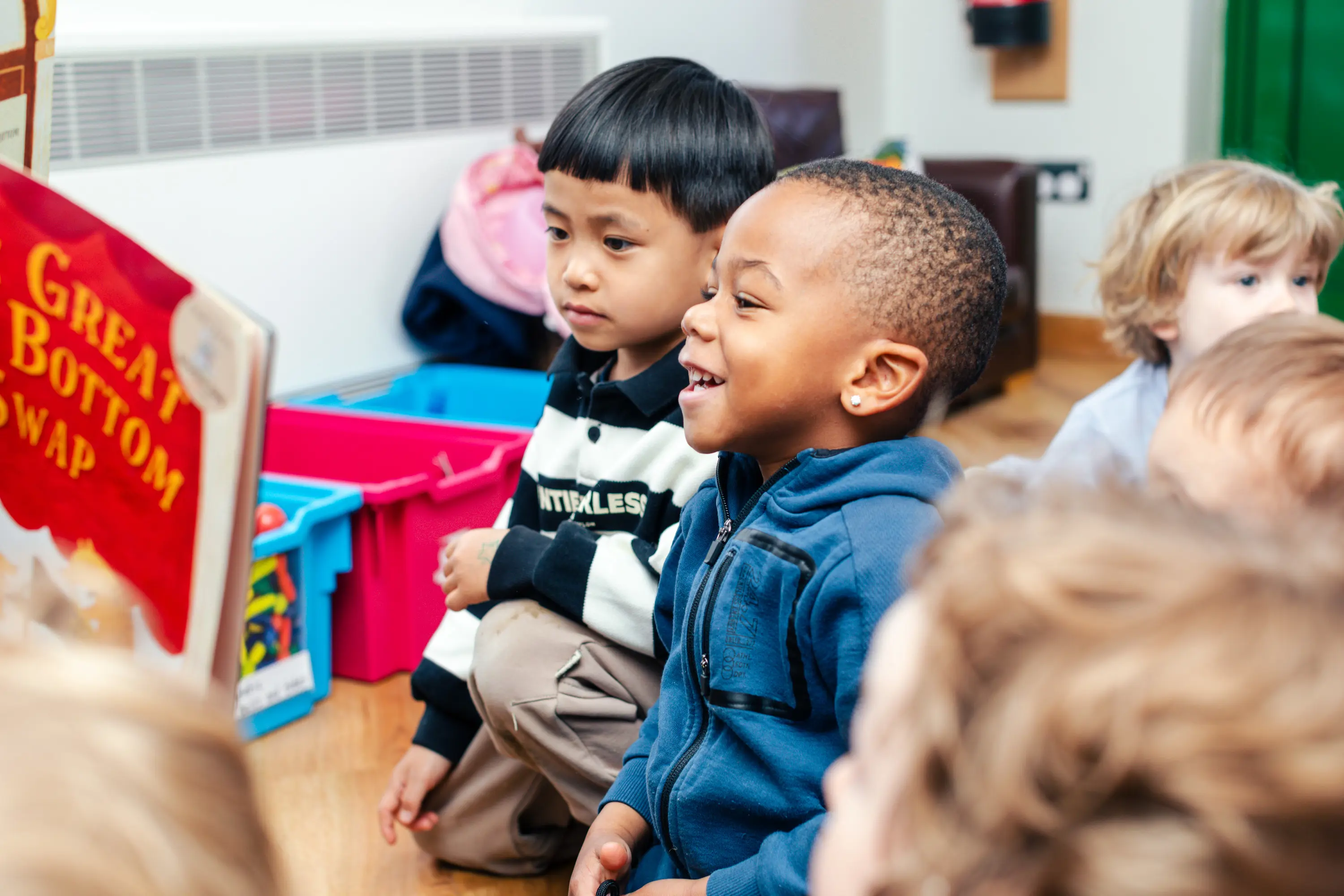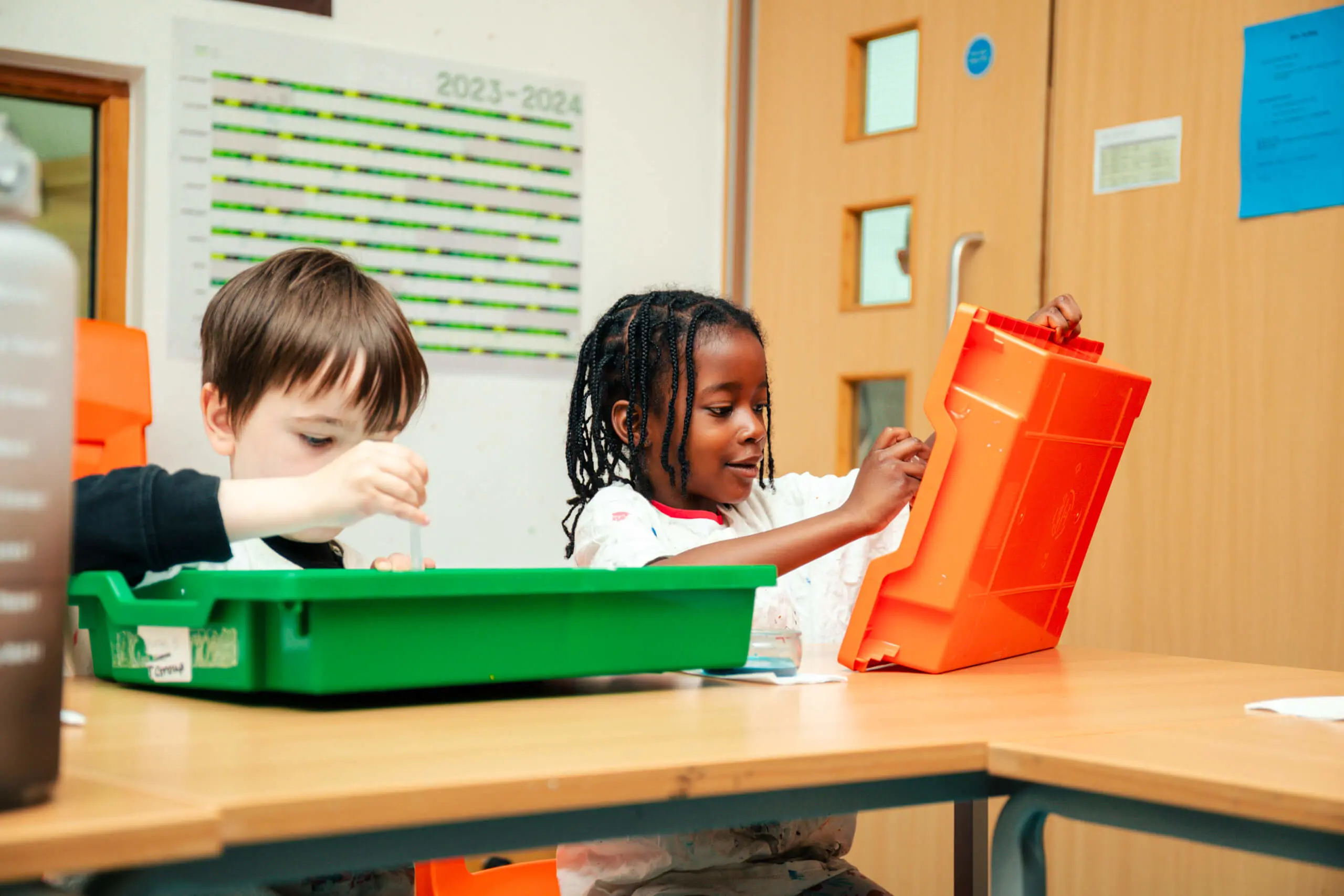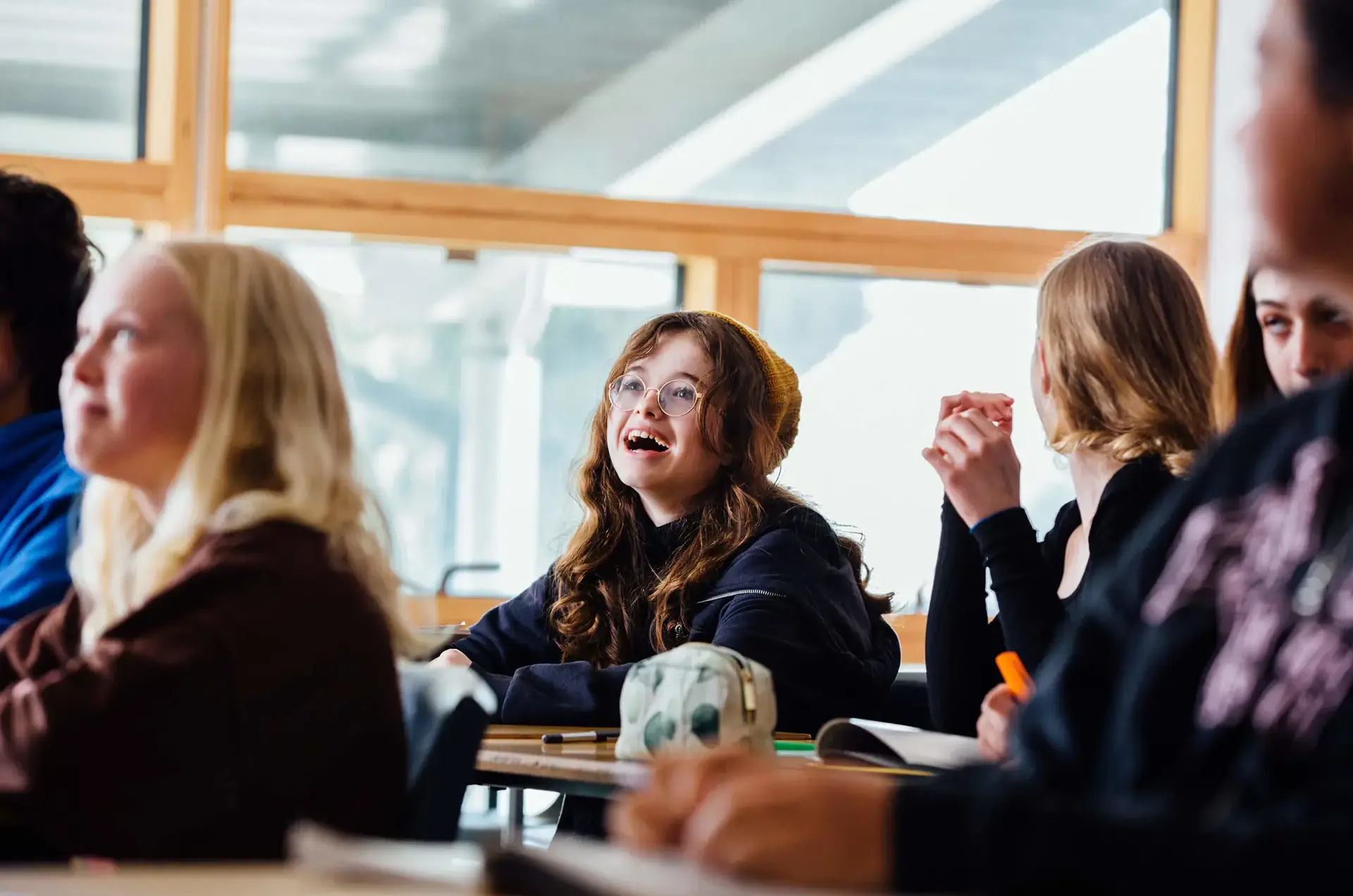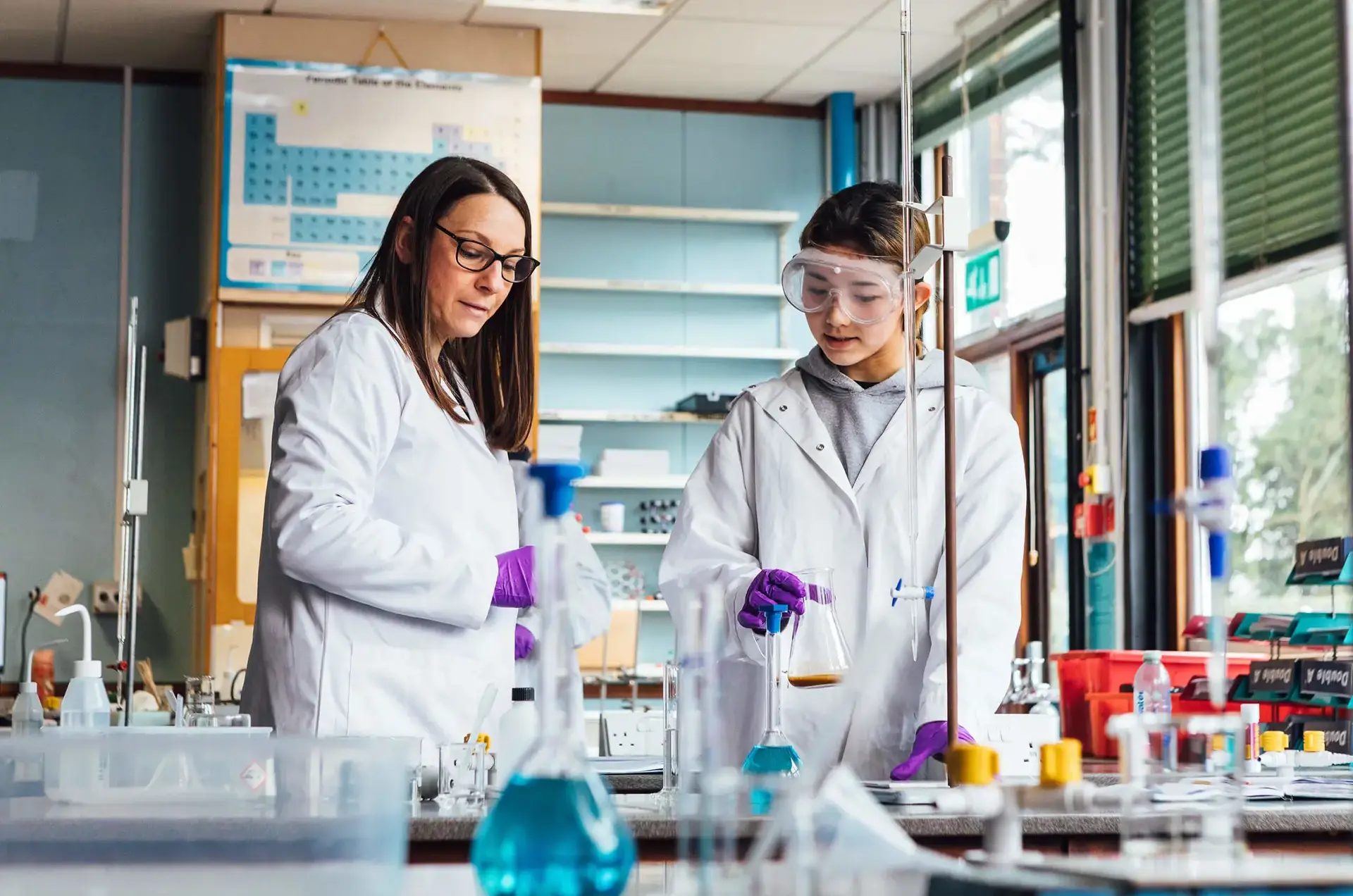School Council
St Chris seeks to prepare students for happy and fulfilled lives in the service of others.
Our democracy is over 100 years old; the School Council values the individual voices in the School and encourages our students to develop introspective ideas which act as solutions or preventative measures to problems faced by our students.
Throughout our entire School Community, the School Council has a responsibility to serve the best interests of our School. At St Chris, the Student Council has unparalleled autonomy and are expected to be self-motivated under the guidance of our staff. Students use their peers’ concerns or ideas to create viable solutions. Most recently, the School Council chose to review the constitution entirely, ensuring that it was accessible to the entire St Chris body, from the youngest to the oldest member of the community.
Projects undertaken by the School Council, in both the Junior School and Senior School, are supported by dedicated members of staff.
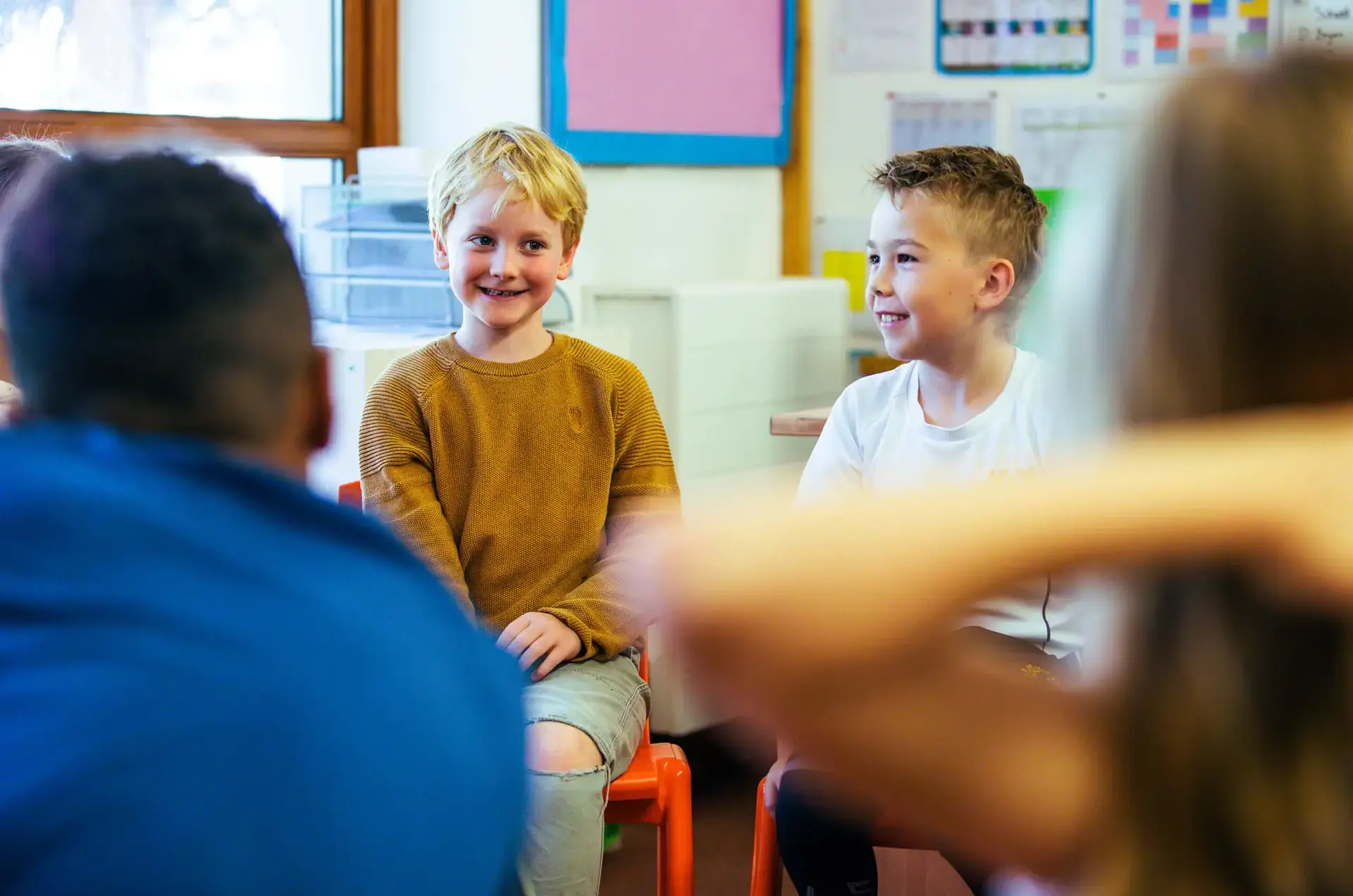
Junior School Council
In the Junior School, students are taught how to manage their budget and about asking the right questions. Students are mindful to take on their peers’ views without asking leading questions, being selfless and level-headed in their decision-making process. The School Council in the Junior School is non-hierarchical and comprises around 10 students from across the Junior School from Reception (K Group) to Year 6 (D Group).
Senior School Council
In the Senior School, students must apply for their roles democratically, submitting a manifesto covering what they’d like to achieve in the role and their rationale for doing so. These roles comprise a range of opportunities from Head Students to Head of the Food Committee. Senior School Council members are expected to be upstanding members of the school community and contribute positively to the learning and futures of their peers.
“Being part of the Junior School Council has been an exciting opportunity. It’s allowed me to learn more about leading people and listening to their views. I’m proud knowing that I’ve made a positive difference to my friends’ lives at St Chris.”
Junior School Council Member

